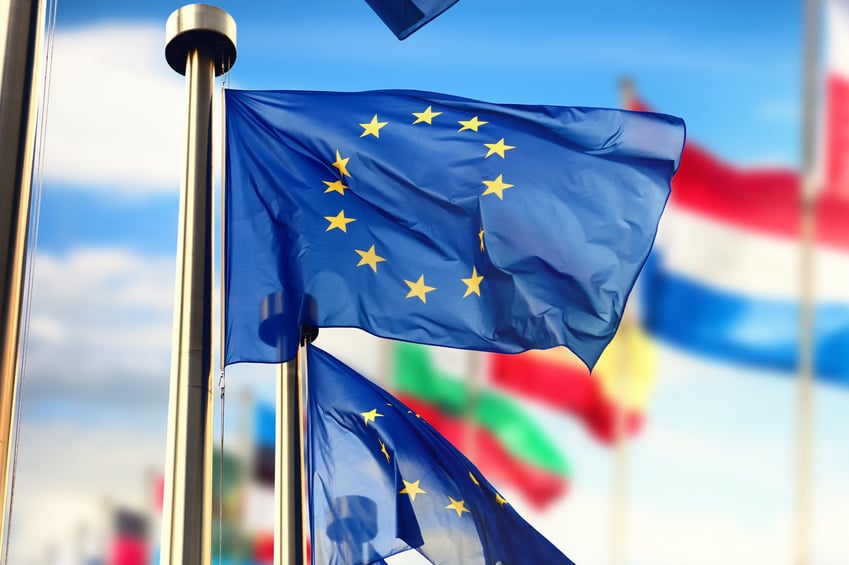The European Commission has determined that, in broad terms, the Product Liability Directive, which has been in place for over 30 years, is still fit for purpose but requires further work. As we explain below, the Commission, in its recently issued report (available here), has confirmed the aspects of the Directive which it believes require further clarification and work, and how it intends to use the expert group it is currently establishing to reach a final position by mid-2019.
Key conclusions in the report
The European Commission concluded that the Product Liability Directive remains an adequate tool. However:
- there are a number of areas where further clarification is required (for example, clarification concerning the meaning of “defect”, “damage”, “product”, “producer” and the burden of proof);
- further work is required to assess how the product liability framework should apply given the “digital industrial revolution” (taking into account digitisation, the Internet of Things, artificial intelligence and cyber security etc.); and
- the European Commission plans to look more closely at certain products, such as pharmaceuticals “due to their complexity” and refurbished products “due to their altered nature”.
Next steps
The European Commission is setting up an expert group to advise further on the Product Liability Directive. The expert group will be made up of two parts; one to look at the implementation of the Product Liability Directive and the other to look specifically at new technologies.
The European Commission’s aim is, in mid 2019, to:
- draw up comprehensive guidance on how to apply the Product Liability Directive today (for example, the report highlights the value of guidance to clarify concepts such as “defect” to improve the effectiveness of the Directive); and
- assess the extent to which the current Product Liability Directive adequately addresses emerging digital technologies and produce a report, for example, concerning any potential gaps in the liability and safety frameworks for artificial intelligence, the Internet of Things and robotics.
The European Commission said that, if necessary, it will update certain aspects of the Product Liability Directive, for example, “product”, “defect” or “damage”. However, the overall principle of strict liability will remain intact.
Comments
Given that technology is continuing to develop at a fast pace, we see real value in developing non binding guidance (rather than introducing legislative changes) to clarify issues, such as:
- the circumstances in which software constitutes a product and is therefore covered by the Product Liability Directive; and
- what constitutes a defect.
Guidance can be updated much more quickly than introducing legislative changes. Further, guidance can include more detail about particular types of products, which would not be possible in the Directive itself, given that it is intended to cover a very broad range of products.
We also agree that new and emerging technologies pose particular challenges and careful consideration should be given to how to address those challenges in a way which is consistent with other work being undertaken at an EU level.





